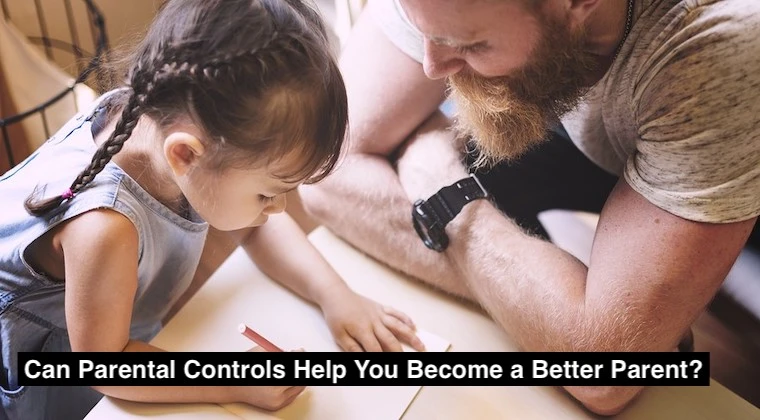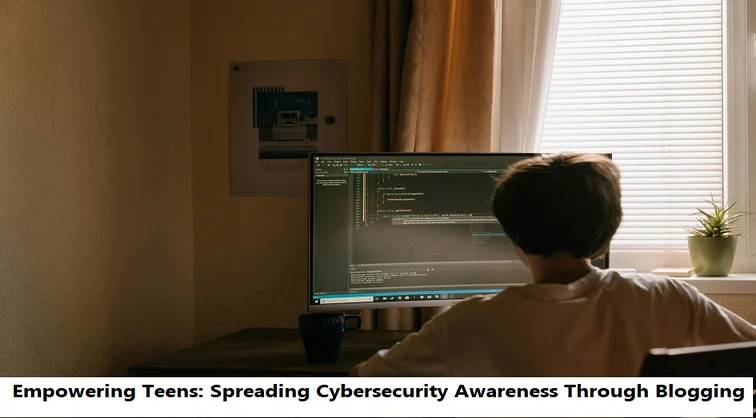+1 845 259 2974 (11 a.m to 7 p.m CST)
Can Parental Controls Help You Become a Better Parent?

Parenting has become very difficult in this era of technology. Ever since we have technology among us, even kids are unable to live without it. Some parents are still not very acquainted with the idea of the internet and social media. They think it is a waste of time, but little do they know that their kids have made another life there.
Now is the time to learn about these things, know what social media is and get yourself acquainted with it because your kids love it. This is about learning what they know and then making the necessary connection. Amid this effort we cannot deny the dangers that come with the use of the internet and that is where parental controls can help.
Again, many parents would deny the importance of parental controls because they think that such apps are useless. But they should know that these apps can save them a lot of time and energy and make them smart enough to communicate with their kids. Let’s change your view about parental controls and help you realize how they make you a better parent.
Parental Controls and Smart Parenting
Certainly, parental controls can be a valuable tool in modern parenting, especially in an era dominated by digital devices and online interactions. Here’s how parental controls can aid in effective parenting:
- Safety and Security: The primary benefit of parental controls is to protect children from inappropriate content, cyberbullying, and online predators. By filtering out harmful content and limiting interactions with strangers, parents can ensure a safer online environment for their children.
- Setting Boundaries: Parental controls allow parents to set time limits for device usage. This can help in ensuring that kids have a balanced life with time for studies, physical activities, and family interactions.
- Teaching Digital Responsibility: By setting certain restrictions and monitoring online activity, parents can guide their kids in understanding the importance of responsible digital behavior, privacy, and the potential consequences of their online actions.
- Reducing Digital Addiction: With the increasing cases of screen addiction among kids, parental controls can be set to ensure that children take regular breaks and adhere to a ‘digital curfew’ during bedtime.
- Building Trust: When used judiciously, parental controls can become a starter of conversation between parents and children. Discussing why certain controls are in place can lead to open conversations about online dangers and the importance of safe behavior.
However, while parental controls offer numerous advantages, relying solely on them isn’t advisable. Open communication is crucial. Kids need to feel comfortable discussing their online experiences, questions, and concerns with their parents. Over-relying on controls might make kids feel like their privacy is being invaded, leading to potential trust issues.
Become a Smart Parent
Becoming a "smart parent" in today's fast-paced world goes beyond just using technological solutions. It involves understanding, flexibility, communication, and adaptability. Here are some practices parents can incorporate to navigate the challenges of modern parenting:
- Open Communication: Establish a safe space where children feel they can discuss anything without judgment. Regularly talk to them about their day, friends, hobbies, and concerns.
- Lead by Example: Children often emulate what they see. If you practice good habits, values, and behaviors, there’s a higher chance your child will adopt them.
- Educate About Technology: Instead of just imposing controls, educate your kids about online dangers, privacy, and the importance of digital footprints. Help them understand why certain behaviors are risky.
- Set Boundaries: While it's essential to trust your children, setting clear boundaries regarding outings, gatherings, and study times helps in creating discipline.
- Stay Updated: Be informed about the latest trends, apps, games, and social media platforms that your kids might be using. This keeps you in the loop and helps you relate to them better.
- Encourage Physical Activities: In an age of screens, ensure that your children are also engaged in physical activities. Whether it’s sports, dance, or just playing in the park, physical health is crucial.
- Emphasize Soft Skills: Teach your children about empathy, emotional intelligence, and the importance of face-to-face communication.
- Respect Privacy: As kids grow older, they'll seek more privacy. It's crucial to respect that while also ensuring their safety.
- Foster Independence: Encourage tasks that promote independence, whether it's a chore or a small decision they need to make. This will boost their confidence.
- Seek Feedback: Occasionally ask your kids about your parenting style and if there's something they'd like you to change or do differently. This not only keeps you grounded but also makes children feel valued.
- Continuous Learning: Attend workshops, read books, or join parenting groups. Continually educating yourself about the latest in parenting approaches can be immensely beneficial.
- Be Adaptable: Recognize that every child is unique. What works for one might not work for another. Adaptability is the key.
- Prioritize Mental Health: Recognize signs of stress, anxiety, or depression in your kids. Promote an environment where mental health is as crucial as physical health.
- Quality Time: Amid busy schedules, ensure you're spending quality time with your children. This strengthens the bond and ensures that children feel valued and loved.
Remember, the essence of smart parenting lies in balance. It’s about mixing traditional values with modern approaches and blending guidance with trust. It's a journey of constant learning, adaptability, and love. So, using parental controls might not be a bad idea but you need to make additional efforts as well.
















